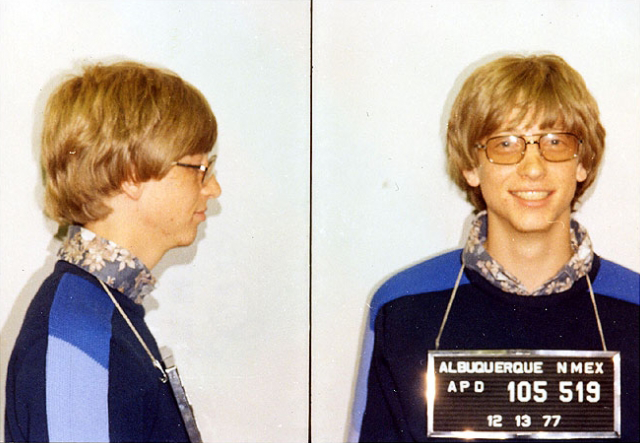Because Bill Gates has only done three million interviews thus far in his life, the Financial Times’ headline writers thought they should label the paper’s new dialogue with him as “exclusive.” The crux of the discussion is an interesting one: Is it more important to give poor people access to the Internet or give them malaria medicine. If you have malaria, it’s a pretty easy choice. But I do think providing information where there is little empowers people. Sure, food, water and medicine first, but then let’s share the Internet. From Richard Waters “exclusive”:
“There is no getting round the fact, however, that Gates often sounds at odds with the new generation of billionaire technocrats. He was the first to imagine that computing could seep into everyday life, with the Microsoft mission to put a PC on every desk and in every home. But while others talk up the world-changing power of the internet, he is under no illusions that it will do much to improve the lives of the world’s poorest.
‘Innovation is a good thing. The human condition – put aside bioterrorism and a few footnotes – is improving because of innovation,’ he says. But while ’technology’s amazing, it doesn’t get down to the people most in need in anything near the timeframe we should want it to.’
It was an argument he says he made to Thomas Friedman as The New York Times columnist was writing his 2005 book, The World is Flat, a work that came to define the almost end-of-history optimism that accompanied the entry of China and India into the global labour markets, a transition aided by the internet revolution. ‘Fine, go to those Bangalore Infosys centres, but just for the hell of it go three miles aside and go look at the guy living with no toilet, no running water,’ Gates says now. ‘The world is not flat and PCs are not, in the hierarchy of human needs, in the first five rungs.’ “
Tags: Bill Gates, Richard Waters

